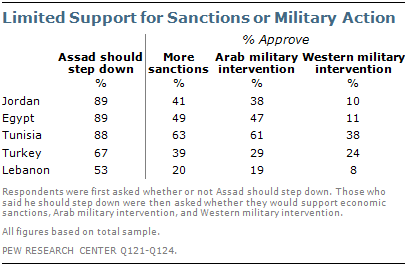Writing in the New York Times, Brian Doherty, author of a recently published book on Ron Paul, asks the question: “For the Ron Paul Wing, Now What?” In the midst of an otherwise insightful and sympathetic piece, we get a disapproving reference to a lawsuit against the Republican National Committee by one of Paul’s supporters, and this:
“While Ron Paul has no future in politics, the Ron Paul machine and his son, Kentucky Senator Rand Paul, will. That’s why the political pros in the Paul movement don’t appreciate acting-out like Richard Gilbert’s lawsuit. That’s also why Rand Paul risked the wrath of his father’s hardcore fans by endorsing Mitt Romney, just as soon as Ron Paul admitted he would not win.”
Gilbert’s lawsuit, which contends the RNC cannot legally bind pledged delegates to vote for Romney, and Rand’s embrace of the warmongering, anti-libertarian Mitt Romney are related — how? The link is only in the minds of those alleged “political pros”– the same ones who ran insipid campaign ads, consistently played down foreign policy issues, and sucked up to Romney early on.
Basically reiterating the line being put out by Rand Paul’s apologists, Doherty writes:
“Senator Paul knows he needs to reach beyond his father’s 10-15 percent base in the primaries to more mainstream, red-state, talk-radio Republicans. He can’t do that by marking himself as a traitor to the party. So he stands behind nominee Romney and plans to actively campaign for him.”
Appealing to “red state talk radio” Republicans is code for selling out on the vital foreign policy issue. Sen. Paul claims he had a personal meeting with Romney and that he was reassured that President Romney would conduct American foreign policy in a “mature” manner — whatever that is supposed to mean.
As for this business about being considered a “traitor”: George Romney never endorsed Barry Goldwater. Indeed, he spent a good deal of his energy branding the party’s 1964 nominee a reckless extremist. He went on to run for president in 1968, and, far from being considered a “traitor,” went on to serve in the Nixon administration as HUD Secretary. George H. W. Bush’s Points of Light Foundation conferred on the elder Romney its Lifetime Achievement Award. You can’t get much more Republican than that.
If there is some rule that all Republican officeholders must formally endorse and campaign for the national nominee, then it apparently doesn’t apply to the Romneys. (Then again, this is precisely why Romney’s candidacy is doomed from the start: the widely held view that the Romneys of this world live by different rules from the rest of us.)
In any case, Doherty’s own views, rather than those of the Rand Paul circle, come across loud and clear when he writes:
“On the one hand, Ron Paul’s refusal to run as the candidate of a third party shows that he sees his cause’s fate linked with the future of the Republican Party. On the other, his refusal to endorse Romney shows that if they want to help shape that party in a more libertarian direction, he and his supporters can’t just go along to get along.”
In endorsing Romney, who has learned nothing from a decade of futile and draining wars, the younger Paul is going along, but one wonders how far along it will get him. By tying himself to a loser like Romney, the ambitious Rand is likely to cut himself off from the very elements he’s seeking to appeal to — who were never that enthralled with Romney to begin with, and still aren’t.
In the meantime, Sen. Paul is alienating his national base — and, worse, splitting and disorienting the movement his father built. It is an absolute disgrace, and one that will not go unchallenged. If the good Senator thinks blood is thicker than ideology in libertarian circles, he is very much mistaken. In a movement devoted to individual liberty, the idea of a hereditary leadership seems more than a bit odd: by endorsing Romney, he has forfeited his claim to lead what he calls the “liberty movement.” He has, in short, become just another Republican Senator, albeit one with a particularly lean and hungry look.




